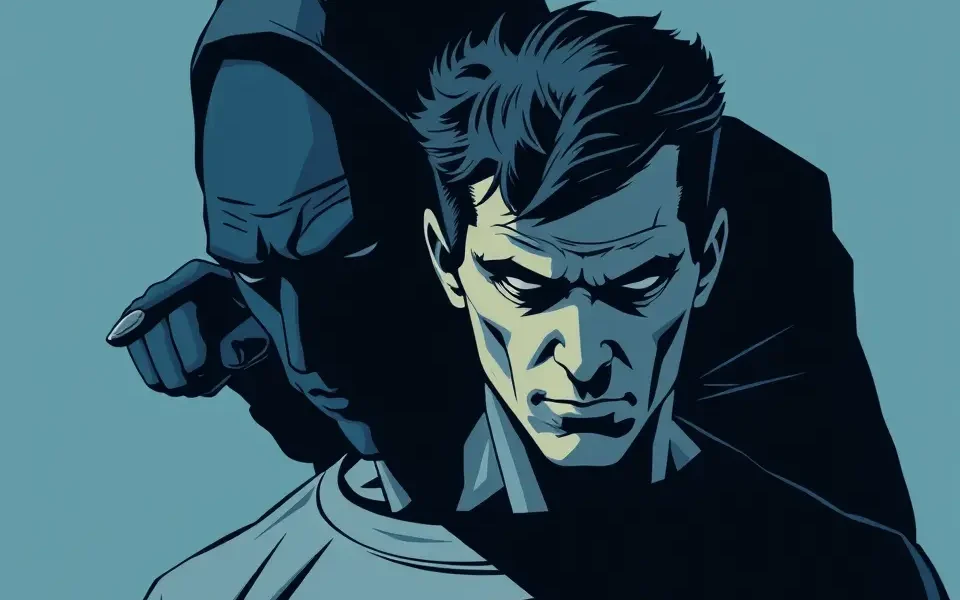The tennis world was rocked when Jannik Sinner, the three-time Grand Slam champion, faced a doping controversy that led to a three-month ban. Now, Umberto Ferrara, Sinner’s former physical trainer, is speaking out, placing the blame squarely on the shoulders of the former physiotherapist, Giacomo Naldi. What really happened, and what does this mean for Sinner’s future?
The Timeline of Events
In March 2024, Jannik Sinner tested positive twice for clostebol, a banned substance. The World Anti-Doping Agency (WADA) initially sought a harsher penalty, but eventually, an agreement was reached for a three-month suspension. Sinner admitted “partial responsibility” for what he described as team mistakes. This suspension, ending on May 4, 2025, allows him to return just in time for the French Open.
Following the positive tests in March 2024, Sinner parted ways with both Ferrara and Naldi in August 2024.
Ferrara’s Account: Shifting the Blame
Umberto Ferrara, in his first public statement since the scandal, claims he is blameless. He stated that he had been using a spray containing clostebol, prescribed by a doctor for a chronic illness, and kept it securely in his wash bag. According to Ferrara, he suggested that Naldi use the spray for a cut that was not healing, explicitly warning him to use it only in Ferrara’s bathroom and to ensure it never came into contact with Sinner.
Ferrara alleges that Naldi did not deny being warned about the nature of the product but claimed he couldn’t recall the instructions. Furthermore, Ferrara claims Naldi treated Sinner without gloves and without washing his hands after using the spray, despite the warnings.
In an interview with Gazzetta dello Sport, Ferrara explained, “I was perfectly aware that it was banned, so I always kept it safely stashed away in my wash bag. I suggested to Naldi to use it for a cut which had not healed and was affecting his work. I was absolutely clear when I spoke to him about the nature of the product, and it was imperative it never came into contact with Jannik. In effect, I told him to use it only in my bathroom. Naldi did not deny he had been told, but he said he could not recall.”
Naldi’s Defense: A Lack of Clarity?
While Naldi hasn’t made a comprehensive public statement, Ferrara claims that Naldi acknowledged being informed about the spray but couldn’t recall the specific instructions. This lack of a clear denial adds a layer of complexity to the situation, leaving room for interpretation and speculation.
Sinner’s Responsibility: Acknowledging Team Errors
Despite the finger-pointing, Sinner accepted “partial responsibility” for the incident. This acknowledgment suggests an understanding that, as the athlete, he bears some responsibility for the actions and oversights of his team. Even if the contamination was unintentional, the ultimate responsibility for ensuring a clean environment falls on the player.
The Fallout: Team Changes and New Beginnings
In the wake of the doping controversy, Sinner made significant changes to his team. He parted ways with both Umberto Ferrara and Giacomo Naldi, signaling a fresh start and a renewed commitment to maintaining a clean record.
Hiring New Coaches
Sinner moved quickly to fill the void, hiring Marco Panichi, Novak Djokovic’s former fitness coach, and physiotherapist Ulises Badio. This move was seen as a strategic decision to bring in experienced professionals with a proven track record at the highest level of the sport.
Sinner’s Endorsement of Ferrara
Interestingly, despite the circumstances of their separation, Sinner has publicly supported Ferrara’s abilities. When Ferrara joined Matteo Berrettini’s team, Sinner hailed him as “excellent” and predicted he would do a “very good job.”
Impact on Sinner’s Career
The doping ban has undoubtedly had an impact on Sinner’s career, forcing him to miss crucial tournaments and disrupting his momentum.
Missed Tournaments
Sinner was forced to withdraw from several significant events, including the Qatar Open, Indian Wells, and the Miami Open. He also missed key lead-up events to the French Open, impacting his preparation for the clay-court season.
Maintaining His Ranking
Despite the suspension, Sinner is expected to return near the top of the rankings. His strong performance in the previous year, including winning the Australian Open, has provided him with a cushion.
Focusing on the Future
Sinner’s new fitness coach, Marco Panichi, stated that they intend to use the time during the suspension to improve specific areas of Sinner’s game. This proactive approach suggests a determination to turn a negative situation into an opportunity for growth.
The Broader Implications: Doping in Tennis
Sinner’s case has reignited the debate about doping in tennis and the responsibilities of athletes and their teams.
Calls for Clear Protocols
Novak Djokovic, among others, has called for clearer protocols and stricter enforcement of anti-doping regulations. The incident highlights the need for athletes to be vigilant about the substances they and their team members use.
Criticism and Scrutiny
Sinner’s case has drawn criticism from some quarters, with comparisons made to other doping cases in tennis, such as that of Simona Halep. Some believe that Sinner received lenient treatment due to the unintentional nature of the contamination.
Sinner’s Comeback: What to Expect
As Sinner prepares to return to the court, the tennis world is watching closely to see how he performs.
Hamburg Open
Sinner is scheduled to make his comeback at the Hamburg Open in May 2025. This clay-court tournament will provide an early test of his form and fitness after the suspension.
French Open and Beyond
Sinner’s primary focus will be on the French Open, where he aims to compete for his first title on the Parisian clay. He will also be looking to build on his success at Wimbledon and the US Open.
Key Takeaways
- The Blame Game: Umberto Ferrara, Sinner’s former trainer, blames ex-physiotherapist Giacomo Naldi for the doping incident, claiming Naldi ignored warnings about a banned substance.
- Sinner’s Responsibility: Despite the finger-pointing, Sinner accepted “partial responsibility” for the incident, acknowledging team errors.
- Team Changes: Sinner parted ways with Ferrara and Naldi, hiring Novak Djokovic’s former fitness coach, Marco Panichi, and physiotherapist Ulises Badio.
- Career Impact: The doping ban forced Sinner to miss crucial tournaments, but he is expected to return near the top of the rankings.
- Broader Implications: The case has reignited the debate about doping in tennis and the responsibilities of athletes and their teams.
- Comeback Plans: Sinner is scheduled to make his comeback at the Hamburg Open in May 2025, with his primary focus on the French Open.
Sinner’s doping controversy serves as a stark reminder of the importance of vigilance and responsibility in professional sports. As he prepares to return to the court, he will undoubtedly be under intense scrutiny. However, with a new team and a renewed focus, Sinner has the opportunity to put this controversy behind him and continue his ascent to the top of the tennis world.








No Comment! Be the first one.